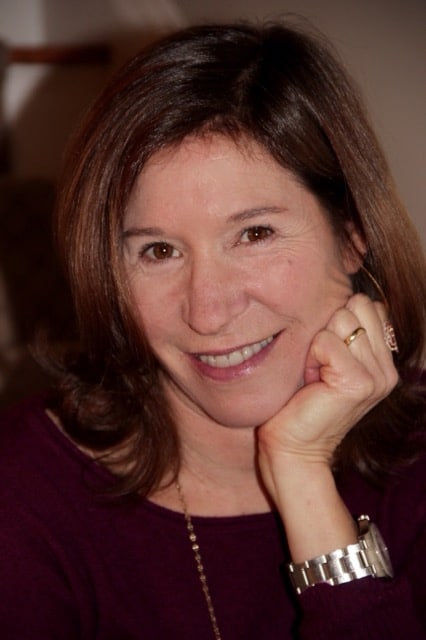by Caren Osten
When I pick up my tenth grader, Simon, after school, I ask him to tell me something good that happened during his day—this exercise being a small nugget of wisdom (among many) that I learned as a graduate of the Wholebeing Institute (WBI)’s Certificate in Positive Psychology course. First, Simon rolls his eyes, and then, after a bit of prodding, he comes up with news of a test grade he’s happy with, or a good conversation with a teacher, or perhaps the slice of pizza he had for lunch. This emphasis on positive emotion—both seeking and acknowledgement—is at the root of Barbara Fredrickson’s prolific career, scientific research, and two books, Positivity and Love 2.0.
During WBI’s upcoming Embodied Positive Psychology Summit, April 26–29 at Kripalu Center for Yoga & Health, Barbara, a professor of psychology at the University of North Carolina and current president of the International Positive Psychology Association, will be visiting Kripalu for the first time as a keynote speaker, sharing her latest research on prioritizing positive emotions.
“One of the things we know is that experiencing authentic positive emotions is healthy and promotes all kinds of benefits, such as broadened awareness, building resources, and social connections,” she says. “But the how-to part—the strategies people use to increase their positive emotions—is more of a struggle.”
Her latest research focuses on seeking positivity proactively. “It’s a delicate art to bring positive emotion in an effective and genuine way,” she says. “It helps to be able to develop an eye for the positive, to even go through your day asking, ‘Is this one of those [positive] things?’”
When she began studying positive emotions more than 20 years ago, nearly all of the science concentrated on negative emotions. “I never imagined there would be a whole larger area applying this kind of work in schools, coaching and industry,” she says. She also applies it to her own life—finding positive emotions through activities such as walking in nature, meditation, yoga, dancing, and traveling with her family.
“I am constantly being reminded by the content of my work, which gives me a solution for how to create that better balance in my day, and in my life,” she says.
Caren Osten is a positive psychology life coach and freelance writer, covering psychology, education and travel. Her articles have been published in the New York Times, Psychology Today and National Geographic Traveler, among others. Read more about her work at carenosten.com.




Super!! I´ll like it a lot,… Barbara Fredrickson will be visiting Kripalu for the first time as a keynote speaker, sharing her latest research on prioritizing positive emotions.
Wonderful. The summit is going to be very exciting with a great mix of speakers and workshops. I really look forward to hearing from Barbara Fredrickson alongside so many other luminaries of the positive psychology field.